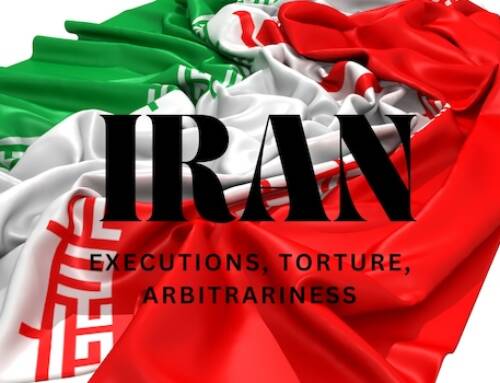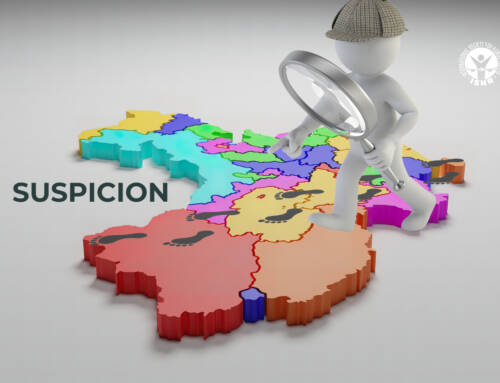Africa


Report from Thomas Paul Schirrmacher, President of the ISHR and November 14, 2022:
On the one hand, the concept of human rights, alongside its foundational concept of freedom, presses itself upon free democratic constitutional states as an ideal. Democracies around the world appear to be best able to protect human rights, even if this is not automatic. “Just how closely basic rights and democracy are interrelated is shown by a countercheck: As far as is observable, there is no other political system that not only theoretically guarantees basic rights but rather achieves them in individual cases. There are also basic rights catalogs in non-democratic countries. However, only in democratic systems are there independent courts and effective protection of basic rights.”
This is also the case historically. “It is not by chance that the first basic rights catalogs appear in the first democratic constitutions in modernity. Both – basic rights and democracy – developed as a demarcation from forms of governments which did not guarantee these elements. In part, as far as the history of the development of ideas is concerned, there was no differentiation made at all between individual legal content and political say by the people.”
In short: in the final event, human rights require a democracy in order for them to be cast into concrete basic rights and a functioning constitutional state. However, they stand above democracy and need no democratic legitimization for their justification. They do, however, need a democracy for their implementation.
On the other hand, that means that the concept of human rights also limits democracy. Indeed, modern democracies derive their legitimacy from protecting human rights and for this reason lose their legitimacy if they trample upon human rights. And a government that claims to be a democracy but does not protect basic human rights, including freedom of religion and freedom of speech/press, is not a proper democracy.
Conversely, human rights clearly place democracy in shackles! Or positively formulated: A democratic constitution defends material values, not only a form of electing the government. Basic rights are, for example, the unalterable core of the German Basic Law, while the concrete form of government is changeable. Thus, the office of the Federal President could theoretically be abolished, or – and this is long since no longer only theoretical – the Federal President could be directly elected by the people, instead of being elected by the German Federal Convention. The Bundestag (the German federal parliament) could be elected every two years (instead of the current practice of elections every four years), and the Bundesrat (the German Federal Council) could receive entirely other rights – always providing that there are corresponding majorities. But torture, on the other hand, cannot be reintroduced even if all members of the Bundestag together with the Bundesrat and a referendum each resulted in a 100% vote in favor of it.
“Basic rights and democracy do not comprise a contradiction for our present day understanding of democracy. On the contrary: It is precisely basic rights which ensure democracy. On the one hand, this is because according to our understanding, together with state principles such as the rule of law and the separation of powers, the prevention of an unlimited dictatorship of the majority serves to legitimate a form of the state in the first place. On the other hand, however, it is because democracy without basic rights would hardly function. Democracy is not a result but rather a process. Continual discussion is a part of democratic societies, and it is ensured through rights such as the freedom of opinion, the freedom of the press, and the freedom of assembly. Besides, majorities always have to be re-determined”





